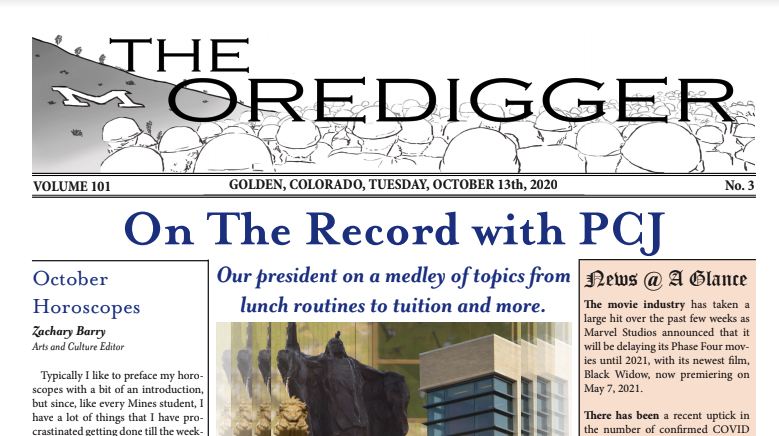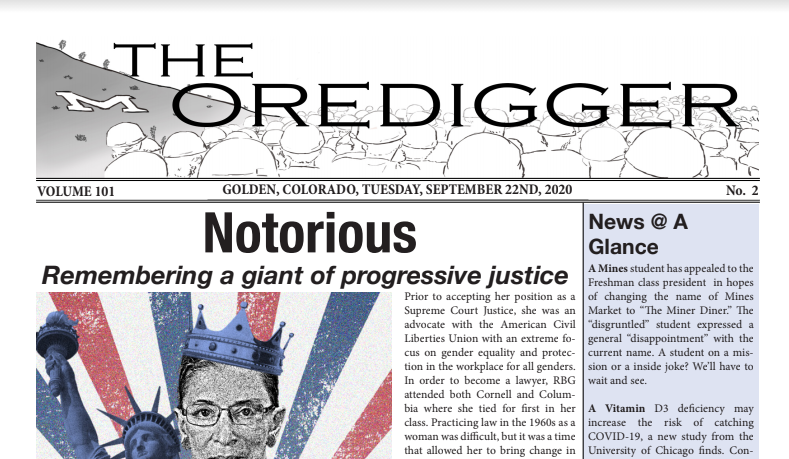This week in 1919, readers of “The Colorado Transcript” learned about the dangers of early aviation. Former CSM student Lieutenant Earle Bilheimer “narrowly escaped death in a plane wreck in Phoenix, Arizona.” Bilheimer was part of a four-plane military map-making trip from Texas to San Diego when a muddy landing nearly caused tragedy.
The squadron successfully made the hour and fifteen minute trip from Tucson to Phoenix and the first plane even landed safely. However, the second plane, carrying Bilheimer “pitched forward on its nose when the wheels stuck in the mud and then turned completely over, smashing the propeller and damaging the wings.” The third plane was also damaged by the muddy landing, but much less severely than the second. The first and fourth planes had no issues at all, and none of the aviators were injured, but for Bilheimer’s friends in Golden, it was surely intimidating.
Despite the relative good news from Arizona, Golden citizens received bad news from France. Previous reports in Denver newspapers had indicated the 115th regiment, composed of engineers from Golden, was coming home from France, but it appeared that was not the case. The confusion arose from the fact that the 115th was affiliated with the 40th division. Certain regiments of the 40th including the Colorado-based 157th infantry were returning, but the 115th was apparently not among them.
Colorado School of Mines basketball lost in overtime to Colorado College this week in 1919 by a score of 25 to 23. “The Colorado Transcript” felt “the Miners were ‘gipped’ out of a basketball victory.” The paper blamed biased refereeing. They may have been correct; twenty-three fouls were called on Mines and three players were “ruled off.” In fact, even the Colorado College coach and some of the players agreed the officiating was biased.



'This Week in Colorado History: Aviation, Military and Athletic Events' has no comments
Be the first to comment this post!